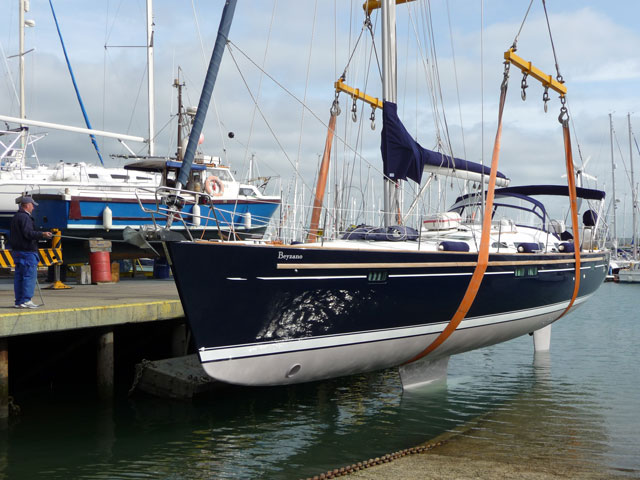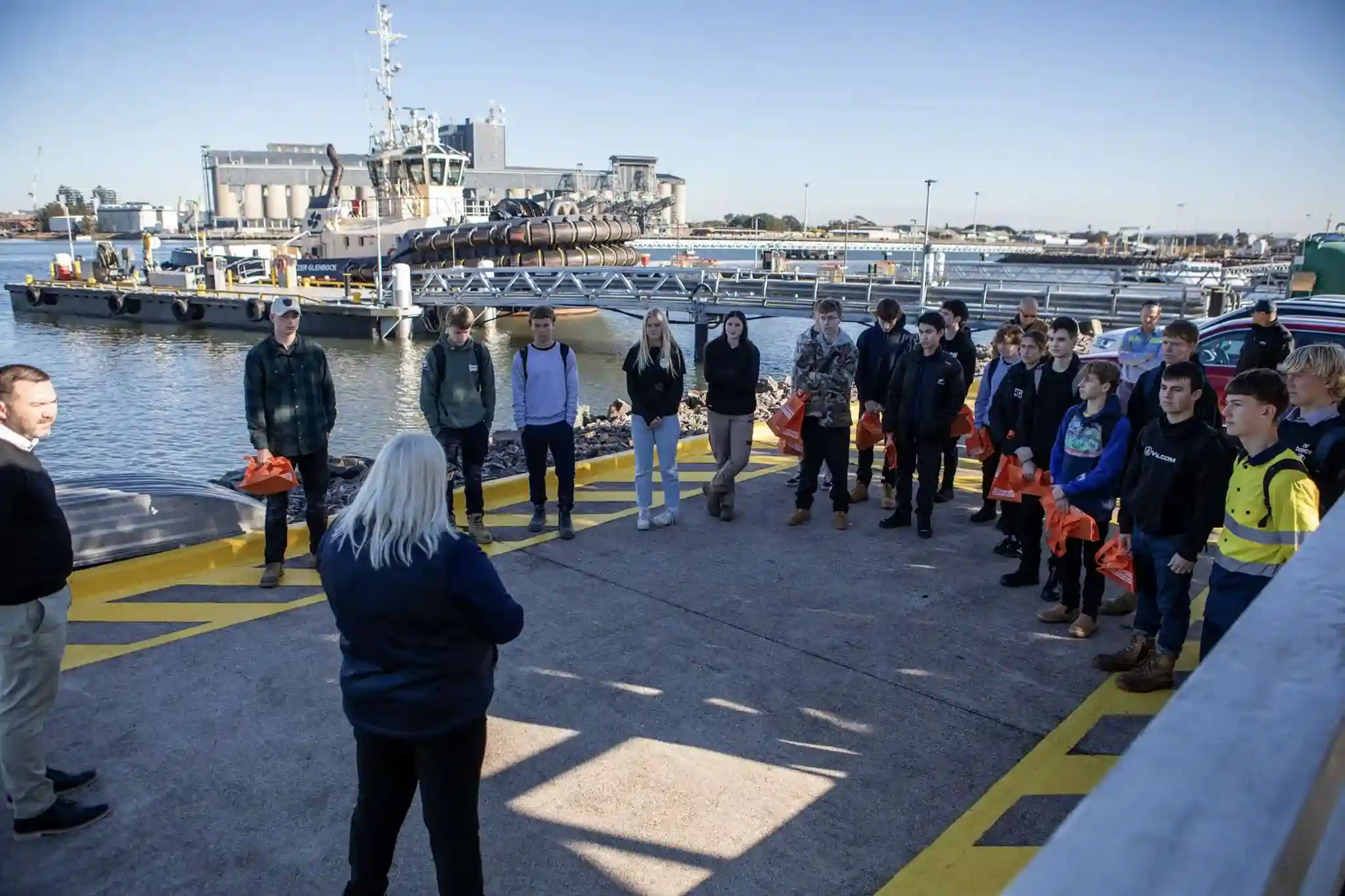Buying a used boat is a wonderful thing… until you realise just how complicated it can become. Even the act of choosing the right type of boat can be overwhelming – do you want a bass boat, a dinghy, a houseboat, ski boat, sailboat or something else entirely? Thankfully, the process doesn’t have to be nearly as stressful as it might seem at first, provided that you keep a few key things in mind. Before you rush out and buy the boat of your dreams, it’s important to ask yourself a few questions that can help save you breaking your heart and your budget. The team here at Maritime and Safety Training have put together a two-part blog that will help you select a quality used boat for years of smooth sailing.

How Do You Plan on Using Your Boat?
The first thing to understand is that while all boats are great and have the potential to create many fantastic memories, not all boats are created equally. Depending on exactly how you plan on enjoying your time on the water and what types of activities you want to engage in, you may be able to narrow down your options right away. A boat built for water sports and a boat built for fishing are in two entirely different categories, so think about what buying a used boat means to you before you proceed.
Choosing the Right Boat
Once you’ve narrowed down the specific type of boat you’re looking for, you can start asking yourself additional questions that will narrow down your options even further. In the case of a used boat, you’ll want to get answers to questions like:
- Why is this boat being sold in the first place? Is there something wrong with it, or is the owner just looking for a change?
- How well did the previous owner take care of the boat? What is the unit’s maintenance and repair history? If the previous owner is less than forthcoming with this information, that could be a pretty big red flag.
- How much money are you willing to spend in the lifetime of this boat? Keep in mind that a boat isn’t a one-time purchase – the larger it is, the more money it will cost you to operate and maintain over time.
- What brand is the boat and what do you know about this brand? Does it have a reputation for quality that stands the test of time, or are you looking at a lifetime of costly and unfortunate repairs ahead of you?
Choosing the Right Type of Hull
Since the hull is the part of the boat that actually touches the water, it should be a pretty big deciding factor when it comes to making your purchase. All types of hulls have their own unique advantages and disadvantages, such as:
- Flat bottom boats can go very, very fast – but they really don’t perform well in choppy weather conditions.
- Vee hulls tend to cut through choppy water much easier, but you may have to sacrifice stability as a result.
- Round hulls are incredibly fuel-efficient and are perfect leisure boats… so long as “going fast” is not a priority.
Obtaining the Correct Boat Licence
Once you’ve purchased your brand new (used) boat, don’t forget to get your boat licence or complete a refresher course via a maritime training course from Maritime and Safety Training. Boating is only fun if you do it as safely, and legally, as possible and our specially designed courses are intended to help you do exactly that. To find out more information about attending a boat licence course, contact Maritime and Safety Training today. Join us next time as we explore the importance of ensuring your potential used boat purchase is mechanically and structurally sound.





